Nitrate in Green Smoothies
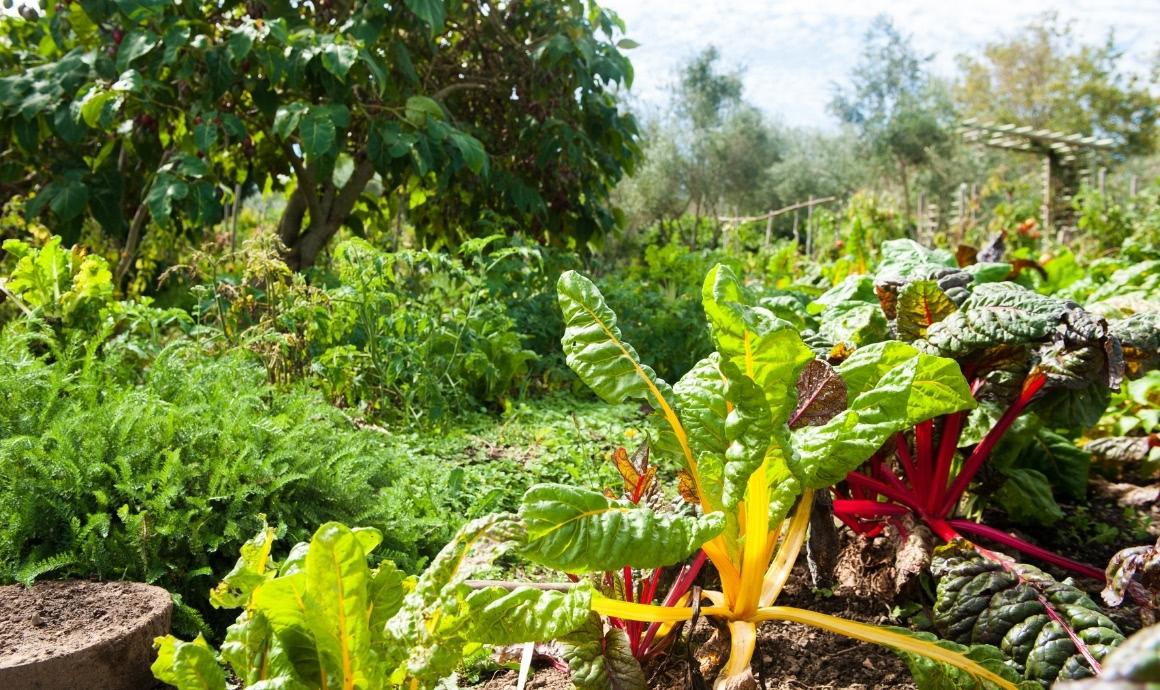
In addition to oxalic acid, this topic always is discussed among smoothie lovers: Nitrate. Nitrate is said to form substances that have been carcinogenic in animal studies. We from GrueneSmoothies.com have gathered an insight for you.
Overview
What is nitrate?
Nitrate is made up of the elements oxygen and nitrogen. As a natural component of soil, nitrate is the ideal source of nitrogen for plants to form amino acids. In addition, nitrates are found in many nitrogenous fertilizers.
Nitrate - unhealthy?
First things first: Nitrates are not harmful to health. Harmful to health are nitrites and the resulting nitrosamines, which are said to be carcinogenic. The problem begins - as (almost) always - when man intervenes to "optimize" a process. And that is exactly what he does when he wants to improve plant growth for the purpose of increasing yields, e.g. by fertilizing with nitrogenous fertilizers. Nitrogenous fertilizers are used primarily in conventional agriculture. Organic farming generally manages without additional mineral nitrogen fertilizers. (This applies primarily to farms managed in accordance with the organic farming associations)
In addition, the following basic rules apply:
- The nitrate concentration of outdoor vegetables is generally lower than of greenhouse plants.
- The longer the duration of sun exposure (of outdoor vegetables), the lower the nitrate content (which is due to the fact that the plant "completely" metabolizes nitrates into the plant's own protein during longer sun exposure, e.g. in summer)
Nitrate is not supposed to be the real problem here, but the nitrites and nitrosamines that are formed from the nitrate. Both substances, however, require ideal conditions for formation and growth. Both can be found in the human stomach - under certain circumstances.
To form nitrosamines, the following conditions are considered necessary:
- Bacteria and fungi (as they occur practically everywhere, e.g. in air and water), which turn nitrates into nitrites,
- concentrated proteins, so-called amines, which "fuse" together with nitrite to form nitrosamines,
- ideally: an acidic environment - as occurs naturally in the stomach.
What to do?
It is obvious that a war against bacteria and fungi can hardly be won. They are simply part of life. Attempting to create an alkaline environment in our stomachs would be disastrous. That leaves the so-called concentrated proteins. These can be avoided simply by not consuming them at the same time as green smoothies!
But what are concentrated proteins?
In this context, concentrate protein means any animal protein (meat, sausage, dairy products, such as milk and yogurt), but just also: plant protein sources, such as seeds, spirulina and chlorella.
Just stick to our simple preparation formula of filtered water, fruits and leafy greens or our recipes on Gruenesmoothies.com
The vast majority of nitrosamines supplied directly through food are said to come from, beer (good german beer). Surprisingly, hardly anyone is against beer. Neither does anyone warn against cured meats and sausages - or cheese. And certainly not against products that contain - heated - combinations of the previously mentioned ingredients, pizza with salami and ham, for example.

But that's not it: nitrates, and especially nitrite, are components of cured meat. And in Germany, just about everything that is sold as sausage is cured. In the past, this was done to protect sausage and meat from bacterial (preservation), but today it is done for the visual effect (meat stays red and appears fresh) and for taste reasons (meat gains in cured flavor). In other words, salads are clearly the smaller problem in Germany.
For those who want to play it safe, these 3 golden rules are helpful:
- Whenever possible: buy food from (controlled) organic cultivation.
- Whenever possible: Support regional producers you trust.
- Whenever possible: Stick to seasonal products.
- Basically: Stick to our simple preparation formula.
Nitrates in green smoothies?
Nitrate from green leafy vegetables is generally considered to be of little concern, as its conversion to nitrosamines in the body is buffered, i.e. prevented, by the nutritional matrix. In this case, the nutritional matrix means that the antioxidant nutrients such as vitamin C, vitamin E, beta-carotene and flavonoids, which are also contained in plant greens, are supposed to successfully counteract the conversion to the potentially dangerous nitrosamine. This is probably not the case with all other sources, i.e. all cured meat and sausage products such as raw ham, raw sausage, Mettwurst, beer ham, black pudding, meatloaf, etc.... Even sliced cheese may contain nitrate for reasons of shelf life.
The problem is: All studies in which nitrosamines have been shown to be carcinogenic have (unfortunately) been carried out on animals. In contrast, no study has yet been able to prove that even nitrate-rich vegetables such as arugula, radicchio or beet actually increase the risk of cancer.
On the contrary.
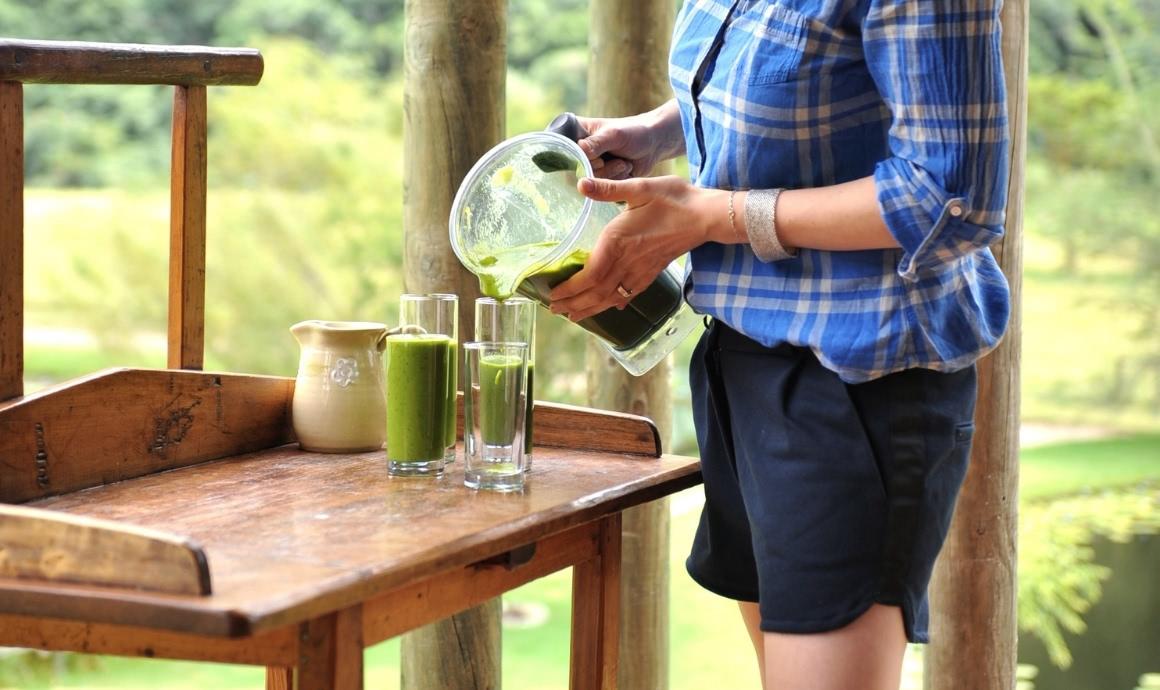
Recent human studies have shown that nitrate-rich vegetables can improve the blood flow to the brain. In this case, green smoothies would be blood pressure-lowering precisely because of their nitrate content, and thus a natural aid against cardiovascular and dementia diseases. We also discovered an interesting article on this topic in the Süddeutsche Zeitung: "Apparently, nitrate also has advantages that until now could only be found in comics: If the team led by Eddie Weitzberg of the Karolinska Institute is to be believed, it can boost muscle strength - just like Popeye did.
The researchers put 14 test subjects on bicycles. Seven of them had previously drunk a juice containing about as much nitrate as a large serving of spinach for three days. In fact, these seven subjects pedaled harder [...]. Apparently, their muscles were more efficient, as shown by tissue samples that the researchers cut from their thighs. Accordingly, the mitochondria, the energy suppliers of the cells, worked more efficiently with nitrate. This once again shows that nitrates don't deserve their bad reputation, Weitzberg said."
Finally - and also from this article - Prevention researcher Eva Frei of the German Cancer Research Center comments: "The fear of nitrate must finally be perdu". In its latest statement, even the European Food Safety Authority concludes that nitrate from vegetables is unlikely to lead to appreciable health risks. "In contrast, the beneficial effects outweigh the risks.'"
Click here for source.
We appreciate your Feedback here!









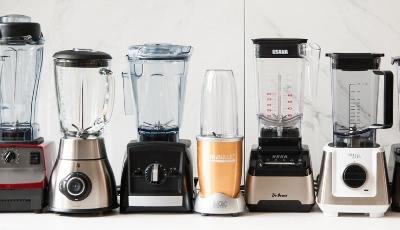
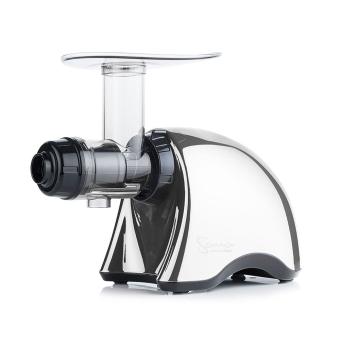










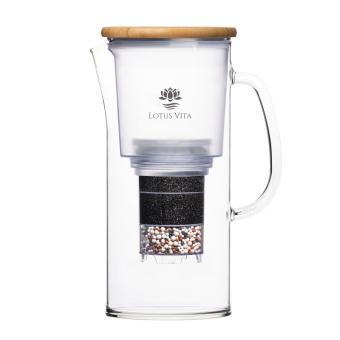

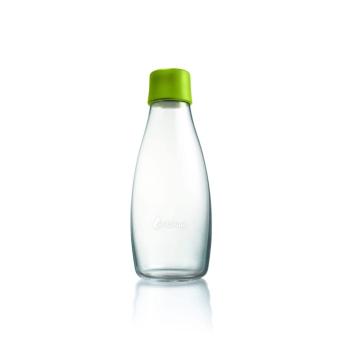

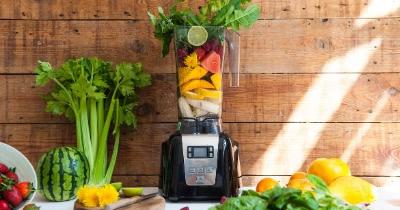
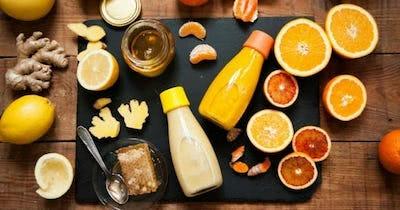
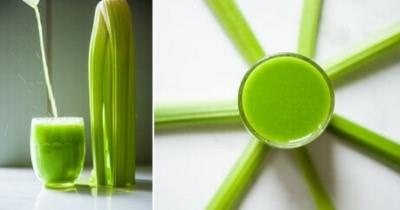
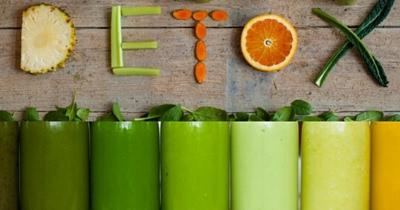
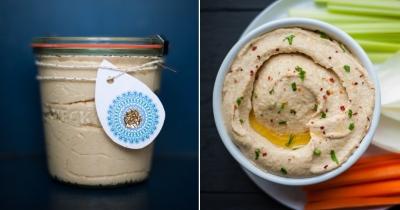
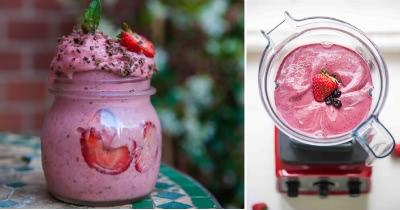
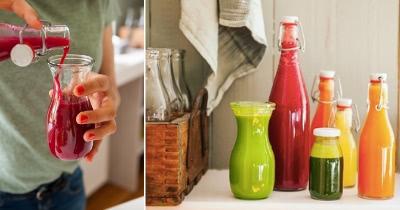
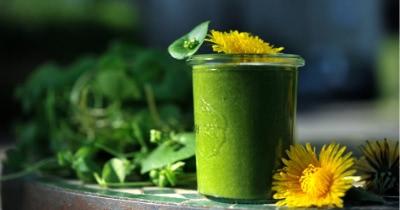
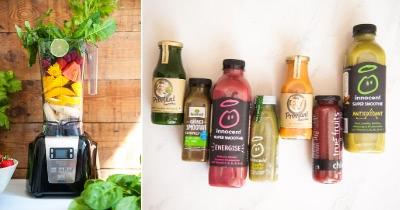

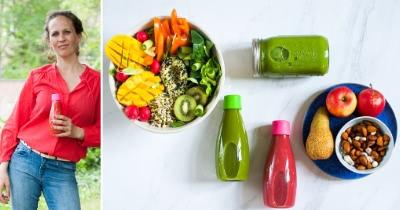



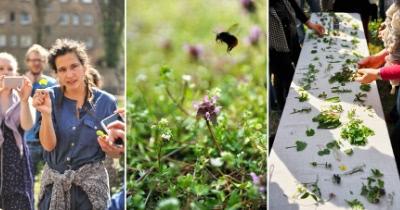
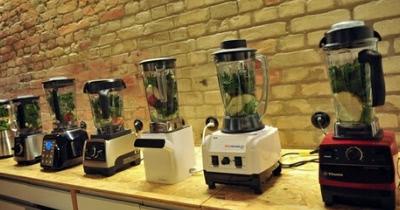
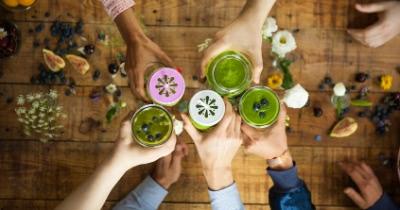

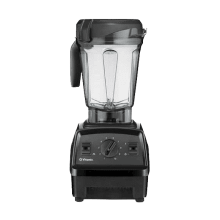
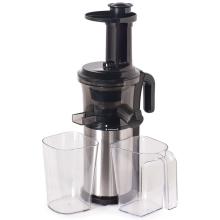


Add comment
1 | Comment(s)